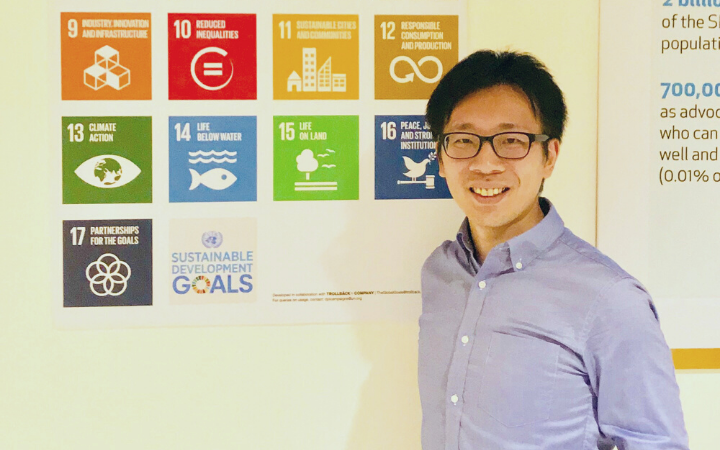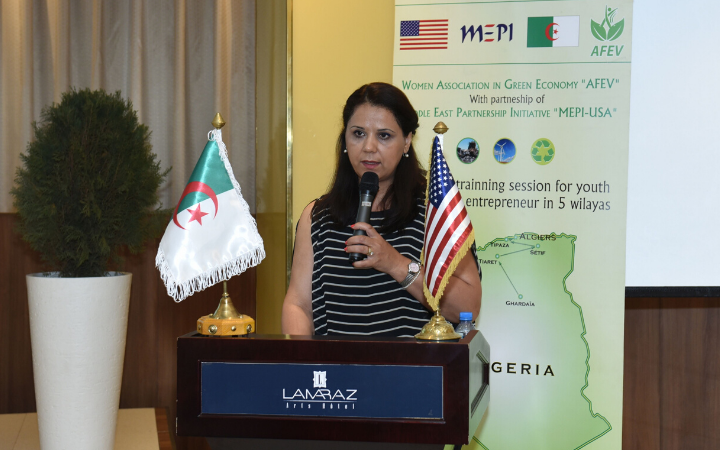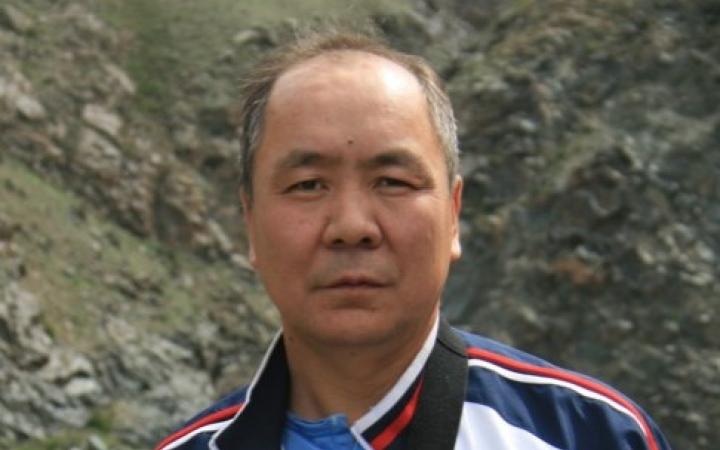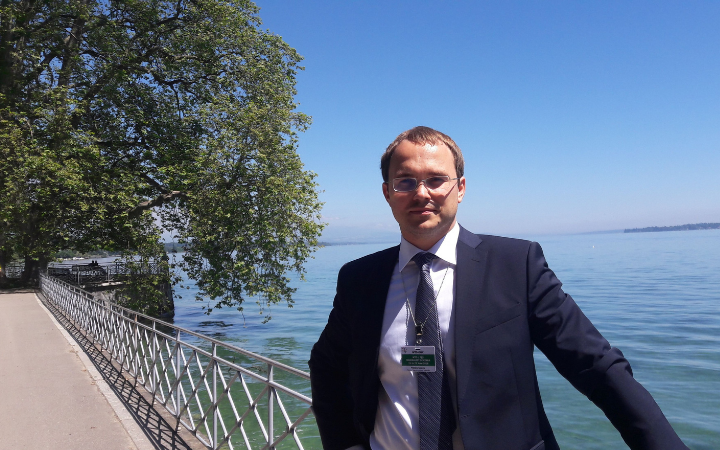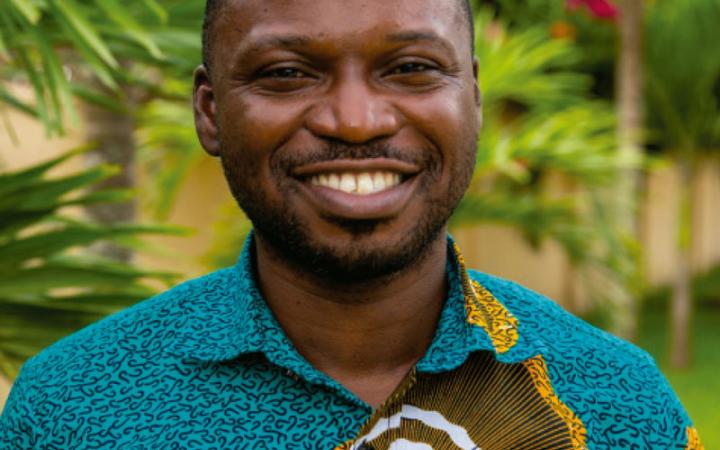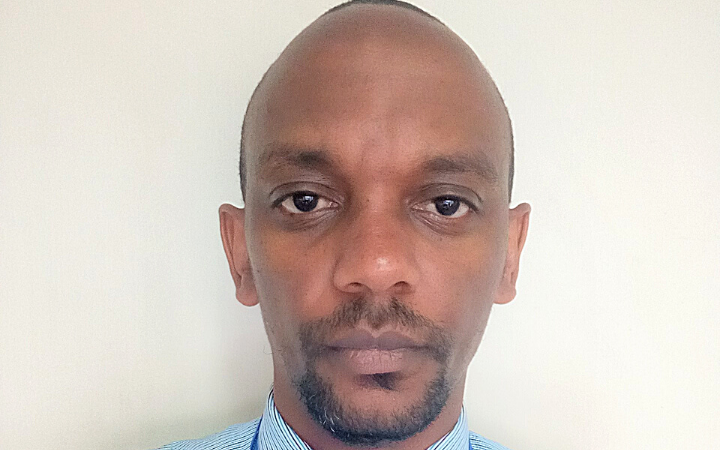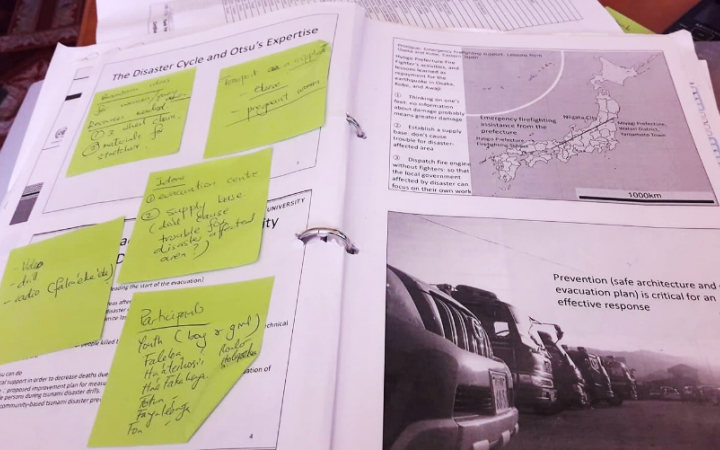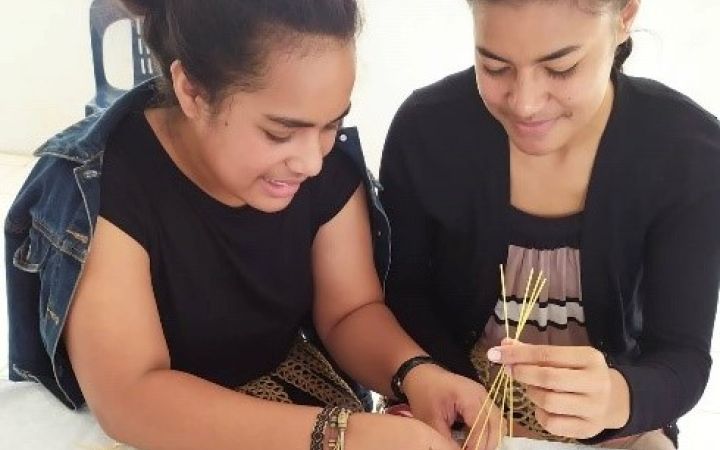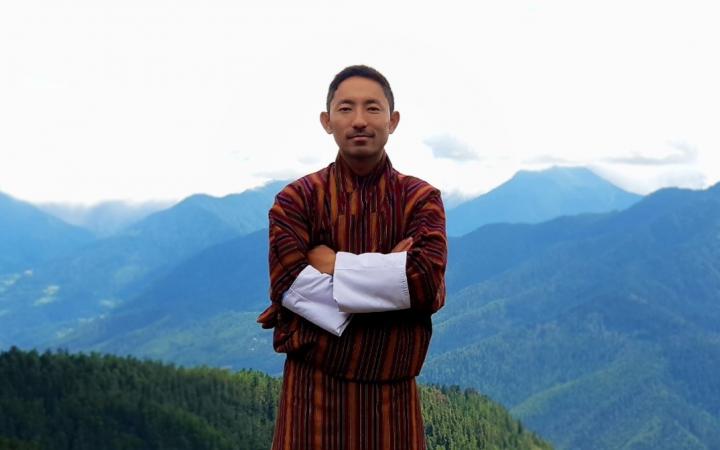Displaying 111 - 120 of 176
14 July 2020
During the course, we talked often amongst the other participants of the ELPE. Before the ELPE, I didn’t think about SDG evaluation. Gradually, with my colleagues in the class we exchanged our knowledge and opinions. It was very effective to talk with the other colleagues from all over [the world]. We shared knowledge, and I was inspired, so I decided to start the SDG evaluation in Japan. They are also working on the SDG evaluation in their [respective] countries.
14 July 2020
The Partnership for Action on Green Economy (PAGE) is a joint mechanism between five UN agencies, of which the United Nations Institute for Training and Research (UNITAR) is one. Hosted and led by the United Nations Environment Programme (UNEP), PAGE aims to help Member States embark on a greener and more inclusive growth trajectory by putting sustainability at the heart of economic policies and practices to advance the 2030 Agenda for Sustainable Development.
14 July 2020
Pollutant Release and Transfer Registers (PRTRs) are effective tools for the collection and dissemination of data on emissions and transfers of a determined list of chemicals. The availability of this information can help policy-makers to identify the source of chemical pollution in the country to make informed decisions on how to best remediate degraded environments and enact policies related to the sound management of chemicals.
9 July 2020
UNOSAT is the operational satellite applications programme of UNITAR, promoting evidence-based decision making for peace, security and resilience by using geospatial information technologies (GIT). One of UNOSAT’s main strategic objectives is to build and develop capacities of Member States to use earth observation (EO) and GIT. As a part of its capacity development activities, UNOSAT delivered a one-week training entitled “ASEAN Regional Training Course on Geospatial Big Data Applications for Sustainable Development” from 05-09 August 2019, together with regional partners in Sri Racha, Chon Buri, Thailand.
20 April 2020
Maksim is a young researcher at Moscow State University in Russia with a thirst for knowledge. He is also professionally active in a non-profit agricultural organization. The subject matter of the FAO-UNITAR course seemed an interesting addition to his research, and previous positive experiences with FAO training convinced him to apply.
20 April 2020
"The activities of the project that EPA, UNDP and UNITAR have supported has significantly increased the priority given to mercury management in Ghana."
19 April 2020
Immediately after the course, he got the opportunity to engage in a forum where an agriculture implementation strategy was being developed for Kenya. This was perfect timing for Kelvin, as the course was still fresh in his mind and agriculture is a key sector for Kenyan trade.
9 March 2020
Using the knowledge gained from the UNITAR Disaster Risk Reduction Training she took part in, Lu'isa Uai Taunga from Tonga worked on incorporating best practices from around the globe and adapting them to her local context.
14 January 2020
When Lu’isa Uai Taunga, an officer with the National Emergency Management Office in the Kingdom of Tonga, participated in the UNITAR Disaster Risk Reduction Training which wrapped up in November 2017, she left with renewed energy and ideas for new initiatives to prepare her community in the island group of Ha’apai in the event of a disaster.
13 January 2020
The UNITAR Operational Satellite Training Programme (UNOSAT) contributes to human security, peace and socio-economic development by providing integrated satellite-based solutions for governments as well as relief and development organizations within and outside the UN system.


